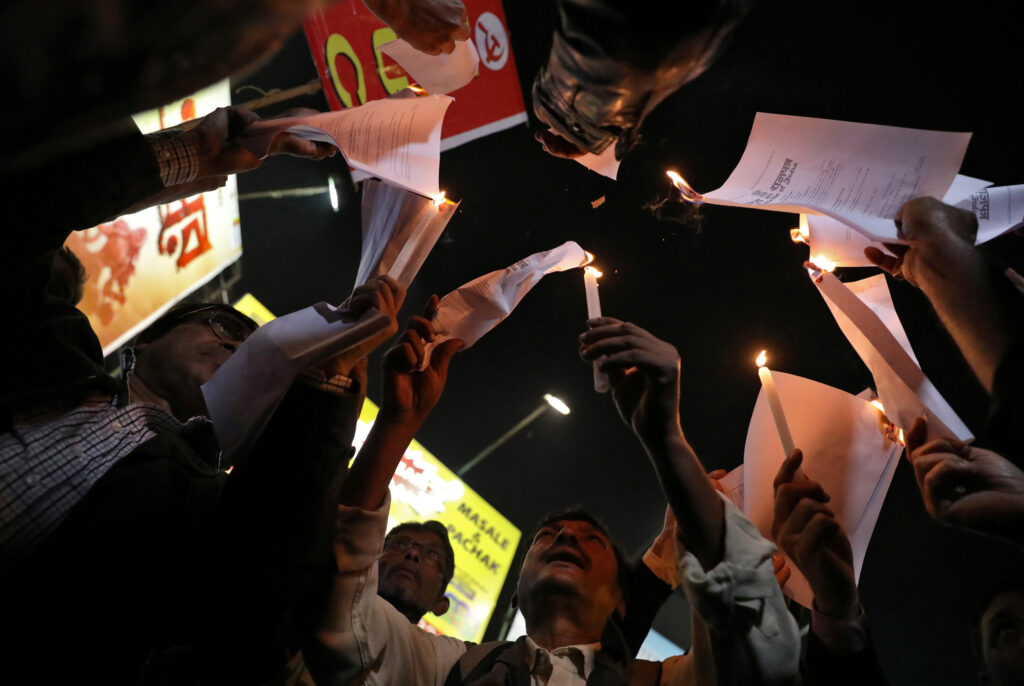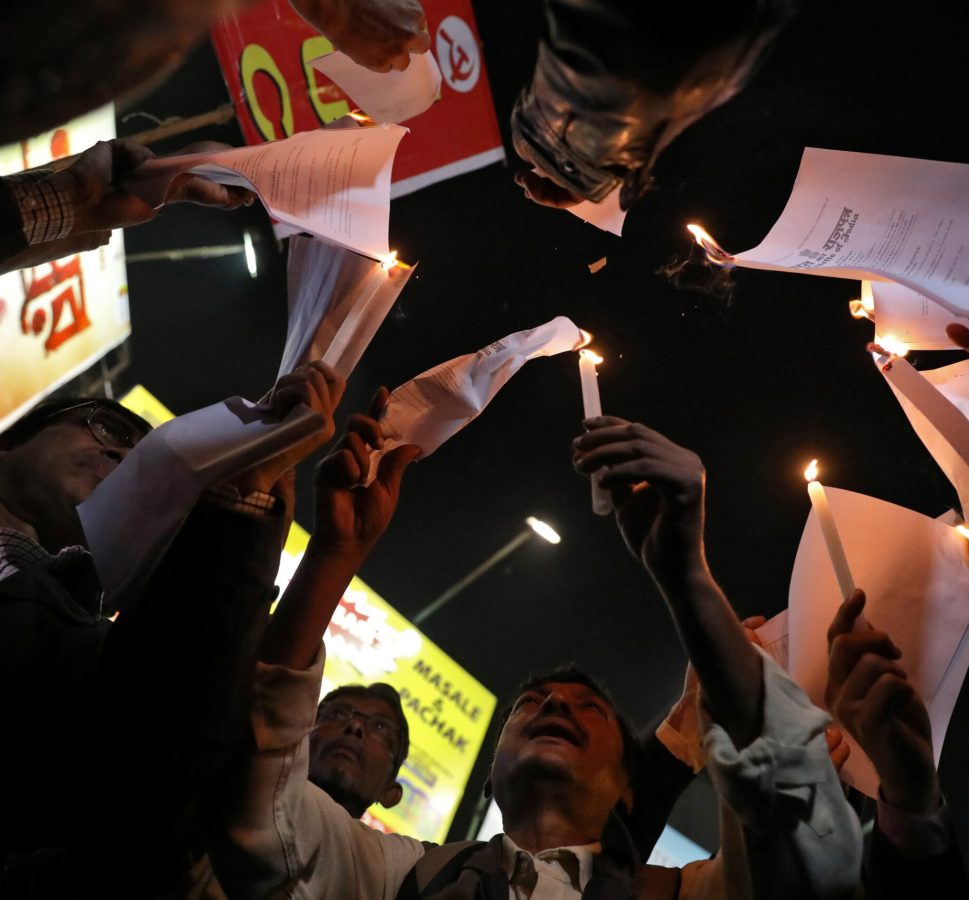
Modi’s government announces rules to implement the controversial law, weeks before he seeks a rare third term in vote due by May.
The Indian government has notified the rules for the Citizenship Amendment Act (CAA), weeks before Prime Minister Narendra Modi seeks a rare third term for his Hindu nationalist government.
The controversial law passed in 2019 by Prime Minister Narendra Modi’s government allowed Indian citizenship to non-Muslim refugees from India’s neighbouring countries.
It declared the Hindus, Parsis, Sikhs, Buddhists, Jains and Christians who fled to Hindu-majority India from mainly Muslim Afghanistan, Bangladesh and Pakistan before December 31, 2014 were eligible for the citizenship.
The law was declared “anti-Muslim” by several rights groups for keeping the community out of its ambit, raising questions over the secular character of the world’s largest democracy.
Modi’s government had not drafted the rules for the law following nationwide protests over the passage of the law in December 2019. Violence broke out in capital New Delhi during the protests in which dozens, most of them Muslims, were killed and hundreds injured during days of rioting.
“The Modi government announces implementation of Citizenship Amendment Act,” a government spokesman said, according to a Reuters news agency report.
“It was an integral part of BJP’s 2019 [election] manifesto. This will pave [the] way for the persecuted to find citizenship in India.” he said, referring to the ruling Bharatiya Janata Party.
Muslim groups say the law, combined with a proposed National Register of Citizens (NRC), can discriminate against India’s 200 million Muslims – the world’s third-largest Muslim population. They fear the government might remove the citizenship of Muslims without documents in some border states.
The government denies accusations that it is anti-Muslim and has defended the law, saying it is needed to help minorities facing persecution in Muslim-majority nations. It says the law is meant to grant citizenship, not take it away from anyone, and has called the earlier protests politically motivated.






